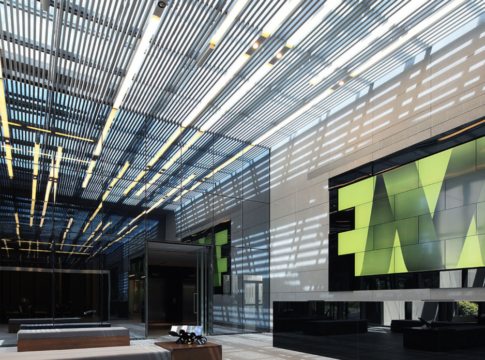Retailers are called upon to meet the challenge of innovation penetration through technology and start-ups. According to trade executives and retail experts, startups and technology companies are shaping the future of retail in the digital age. Drones, robotic systems and totally digitized warehouses are creating a new landscape in commerce. Meanwhile, digital channels affect the customer experience by shaping new commercial trends. In particular, consumer reviews posted on social media constitute a new tool of commercial influence.
Trends
In the near future, i.e. the next twenty years, consumers will rent everything they need, while physical stores will replace their inventory with virtual merchandising. Customers will receive their orders in less than an hour, whether they buy online or off-line. Pricing will be determined based on supply and demand. The Buy Now Pay Later (BNPL) trend has grown, providing an alternative payment to traditional forms such as cards and cash. In Greece 63% of buyers would choose BNPL services compared to 22% for credit cards. Buyers claim that BNPL is more consumer friendly and helps them avoid high credit card charges. TikTok is another trend gaining ground. With approximately 1.5 billion monthly active users, TikTok offers access to a huge user base. It is estimated that over 70% of users have stated in a related survey that they were inspired to buy something through TikTok even though they had no such intention, which confirms the influence of the platform on spontaneous purchases.
What consumers want
According to the data of the Retail Innovation Hub, which Cardlink has created with strategic partner Found.ation, 78% of Greek consumers consider cost to be a key element affecting their purchases and this will continue to apply for the next three months. Two-thirds of consumers plan to shop mainly during sales, and 8 in 10 postpone purchases until then. Meanwhile, more than half of consumers have turned to discounts and private label products. Nevertheless, globally as well as in Greece, more than 1/3 of consumers state that they would be willing to pay higher prices for more sustainable services and products or environmentally friendly products.
Customer experience
According to FocusBari research data on modern consumer experience and the changes taking place in the field of commerce, more than 8 out of 10 aged 65 and over visit the internet, 88% of Greeks are users of Social Media and Greek users who choose online shopping especially over the last six months gradually increase. Greek e-shoppers in 2023 are estimated at 5,258,000. However, only 2 out of 5 Greeks state that they are completely comfortable and familiar with technology. According to FocusBari analysts, consumers’ reviews are gaining strength through their public sharing: 2 out of 3 Greeks consult reviews and ratings before choosing a product or services. However, more and more Greeks, especially young women, prefer online shopping and 1 in 3 Greeks writes a review.














